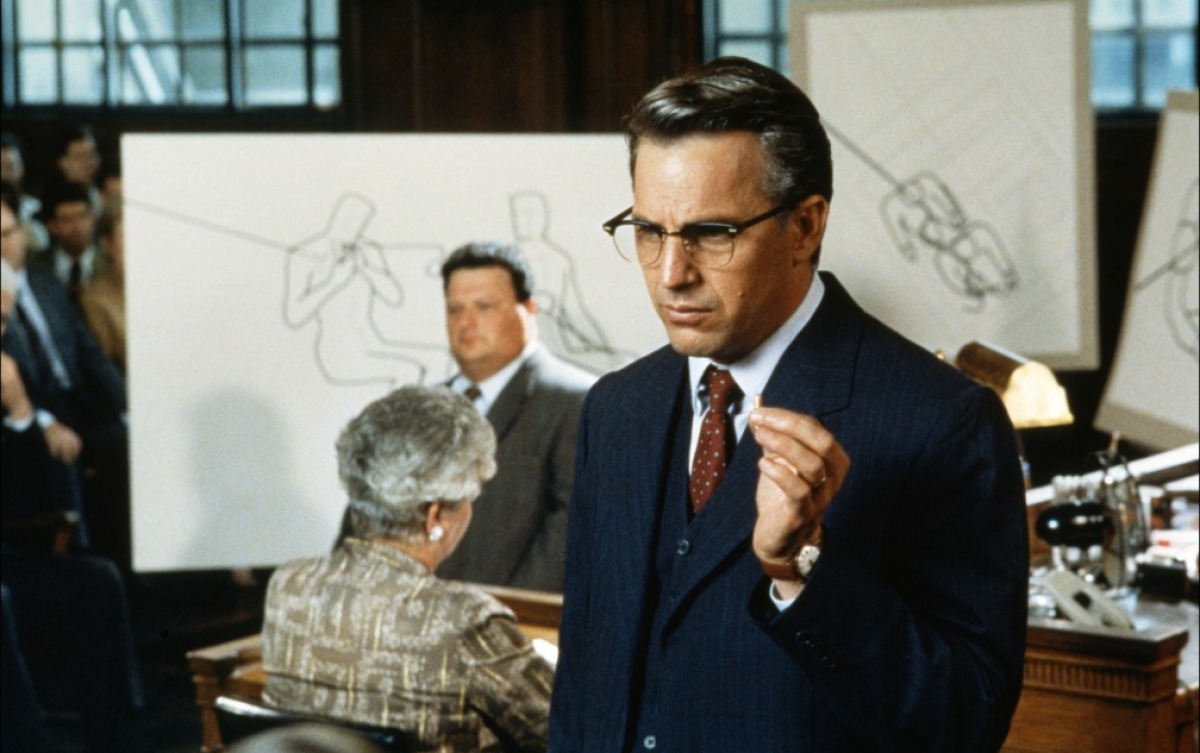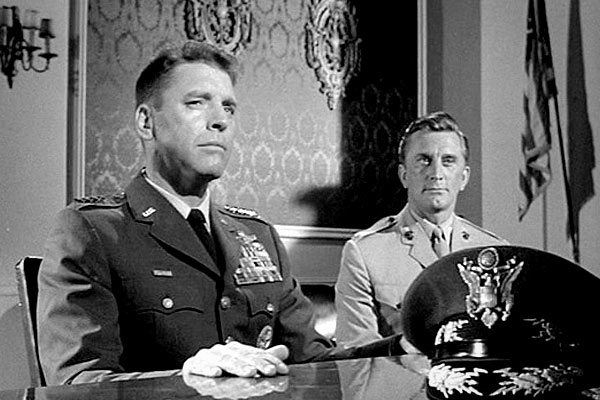
Nolan-heads rejoice! The hotly-anticipated biographical drama starring Cillian Murphy as J. Robert Oppenheimer, the theoretical physicist known as the father of the atomic bomb who spearheaded the Manhattan Project, finally hit cinemas on July 21. Based on the non-fiction bestseller “American Prometheus”, Christopher Nolan’s star-studded epic dramatizes the U.S. efforts to create the first nuclear bomb in the thick of World War II while grappling with the enormity and moral implications wrought by Oppenheimer’s creation.
To celebrate one of the most acclaimed releases of the year and half of an epic double-feature showdown that has caught on as a viral phenomenon and given general audiences plenty of reasons to return to theaters this summer, we’ve pulled a rundown of films that are bound to scratch that itch for more gripping stories like “Oppenheimer”.
1. Threads (1983)

The existential fear of mutually assured destruction is chillingly conveyed through J. Robert Oppenheimer’s internal struggle, as we see Cillian Murphy’s tormented physician suffer from increasingly frequent nightmarish visions of nuclear annihilation following the destruction of the Japanese cities of Hiroshima and Nagasaki.
Ultimately, Nolan’s decision to abstain from showing any wartime footage first-hand doesn’t take anything away from the lasting impact of the film’s sobering closing scene, in which Oppenheimer reflects on the enormity of his scientific discoveries with a blank stare on his face. You’ll need a strong stomach to sit through this BBC-produced documentary-style drama — a consensus pick for the most harrowing onscreen depiction of nuclear holocaust that examines its immediate aftermath and long-term effects on the working-class city of Sheffield, England. Sickening, terrifying, and potentially life-altering, “Threads” remains as depressingly relevant today as it was 40 years ago.
2. Reds (1981)

The anti-Communist witch hunt that tainted Oppenheimer’s reputation and resulted in his subsequent expulsion from America’s national-security community around the time McCarthy’s fear-mongering reign took off is a major throughline in Nolan’s biopic, which cuts no corners in detailing the steep price the esteemed physicist had to pay for having close ties with former members of the American Communist party.
We suggest you turn to Warren Beaty’s 1981 Oscar nominee about famed leftist journalist John Reed for a grand-scale cross-section of 20th century politics, socialism, and the American labor movement that matches Oppenheimer’s colossal three-hour runtime. A radical, uncompromising look at the 1917 Russian Revolution and the institutional rot that corrodes every underlying infrastructure of power, “Reds” makes its anti-establishment tenor clear: charting Reed’s evolution from idealistic Bolshevik sympathizer committed to the cause to a cynical, disillusioned man broken down by bureaucratic inertia and the tides of history. That such a politically confrontational, cynical epic was nominated for a record 12 Academy Awards — during Reagan’s presidential term no less — remains almost impossible to believe.
3. Dr. Strangelove, or: How I Learned to Stop Worrying and Love the Bomb (1964)

How Oppenheimer may have responded to Stanley Kubrick’s rowdy take on the Cold War’s arms race barely two years after the Cuban Missile Crisis had brought the Western world to the brink of calamity is anyone’s guess, really. More than half a century after the fact, “Dr. Strangelove” endures as a comedic masterpiece that retains every last bit of its satirical edge and razor-sharp insight about the inherent stupidity and bureaucratic incompetence of the East-West power struggle.
Few know that this pitch-black comedy about a rogue Air Force general (Sterling Hayden) who sends the country hurling towards Armageddon by ordering a pre-emptive nuclear strike against the USSR without the approval of his authorities was originally intended to be a darker, straight adaptation of the 1958 “Red Alert” novel. Apparently, Kubrick found the story too outlandish and absurd to work as a serious drama, so he decided to reconfigure it into a big-time farce, which now doubles down as a solid palette cleanser to lift your spirits in case you’re still brooding over “Oppenheimer”.
4. JFK (1991)

A personal favorite of Christopher Nolan that was screened in front of his entire crew to devise the tone, dialogue and frantic editing style that gives “Oppenheimer” its narrative punch, Oliver Stone’s massive three-hour epic delves into another monumental chapter in modern American history that continues to stir up debate and spark rarified emotions to this day: the 1963 assassination of U.S. President John F. Kennedy.
Much like “Oppenheimer”, “JFK” streamlines its larger-than-life subject matter by bouncing back and forth between timelines and a murderer’s row of Hollywood A-listers, reeling you in with its dialogue-driven courtroom drama before revealing itself as a potent meditation on collective trauma, paranoia, and government secrecy. Though most of its presumed facts and dubious conjectures have been debunked in the past 30 years, the movie whips by at such a clip that by the time Kevin Costner’s New Orleans-based attorney gives his iconic Truth speech you almost want it all to be true.
5. Seven Days in May (1964)

If “Oppenheimer” got your adrenaline juices pumping and you’re now looking for similar close-quarter dramas that feature powerful men in suits and uniforms posturing, scheming, and politically backstabbing each other in slick office buildings and official proceedings, we have just the right movie for you.
Featuring an incomparable cast of Hollywood heavyweights including Kirk Douglas, Burt Lancaster, Ava Gardner and Edmond O’Brien, this hard-edged Cold War conspiracy thriller concerns an upstanding Pentagon officer who inadvertently uncovers a clandestine military coup to overthrow the President in the wake of a nuclear disarmament treaty signed with the Soviet Union that ruffles feathers within the government. Both as a window into a turbulent time for American politics and a vehicle for international collaboration and nuclear deterrence, John Frankenheimer’s nail-biter could not possibly be more directly analogous to “Oppenheimer”.